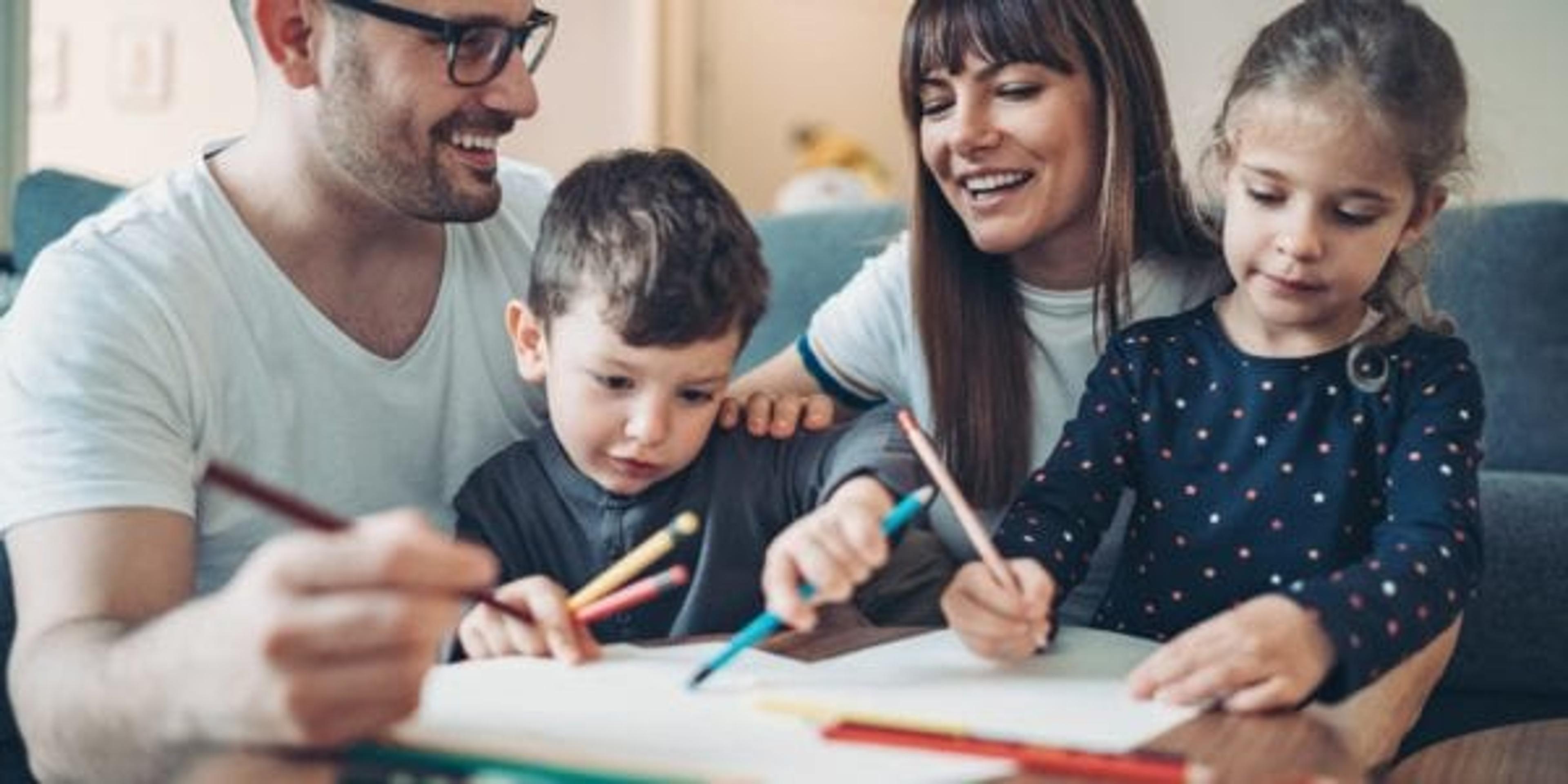Educational Activities Kids Can Do at Home
| 3 min read

The COVID-19 pandemic has brought the traditional school year to a close. For the very first time, many parents are grappling with the idea of teaching kids at home. While distance learning can help students continue their studies, there are more creative ways for parents to be involved. Here’s how they can tie home-based activities into common school subjects:
- Art: Learning doesn’t always mean hitting the books. Nurturing one’s creativity is important to childhood development. Have kids illustrate scenes from a story they’re reading or explain a science experiment using a diagram. Drawing, painting and coloring are applicable for multiple subjects.
- Gym: It’s important to make time for exercise. Kids should be active for at least 60 minutes every day. Whether it’s through fitness videos, apps or even a dance party, find a way to break a sweat.
- Language Arts: Have children write letters to family or friends to encourage self-expression and practice handwriting. Depending on their age, letters can be short or long-form. Read over them together and take notes on structure, spelling and grammar. There’s also journal writing, which is another form of creative and emotional expression.
- Life Skills: Use this as an opportunity to teach children the benefit of cooking for themselves or washing their own clothes. Sorting laundry can also help little ones learn colors and practice organization.
- Math: Make a batch of cookies and have children figure out the fractions in the recipe. Use the smallest measuring cup and have them find the number of servings necessary for each part. Parents can also teach basic addition and subtraction by using spare change and dollar bills as a visual.
- Reading: Daily reading is great for the imagination. Books can transport kids to a different time or place and provide a good distraction from the current reality. Research age appropriate titles that can be challenging, educational and entertaining. Search the online catalog at the local library for free audio and digital versions.
- Science: The kitchen can be used to explore science concepts. When cooking, discuss the different stages of matter and the types of chemical reactions that occur. Make “oobleck” – a slimy part-liquid, part-solid substance with cornstarch and water – for hands-on fun. Go on nature walks to identify specific birds, trees and plants. Practice earth science by having kids help in the garden. Talk about the food chain, water cycle or how seasons change.
- Social Studies: Learn about different cultures by making them immersive. Find kid-friendly movies set in various locations and discuss different countries and cultures. Try pronouncing words in their official language, recreate a native recipe or art project that’s unique to that place.
Educational Apps and Online Programs
Parents should start with the resources provided by their child’s school or teacher. They can then utilize online educational programs to complement those lessons. For core subjects and physical activities try:
Parents should start with the resources provided by their child’s school or teacher. They can then utilize online educational programs to complement those lessons. For core subjects and physical activities try:
Parents can find a compiled list of teacher-approved online resources here.
Home Learning Reminders
It’s not necessary for parents to replicate a full day of school. Aim for two to three hours of educational activities. Children’s attention spans will vary by age. On average, elementary children can focus 20 to 30 minutes per subject. Older students can concentrate for 30 to 45 minutes. The goal is to create a solid schedule and curriculum. But providing love and consistency should be the main priority.
It’s not necessary for parents to replicate a full day of school. Aim for two to three hours of educational activities. Children’s attention spans will vary by age. On average, elementary children can focus 20 to 30 minutes per subject. Older students can concentrate for 30 to 45 minutes. The goal is to create a solid schedule and curriculum. But providing love and consistency should be the main priority.
You may also like:
Photo credit: pixelfit





